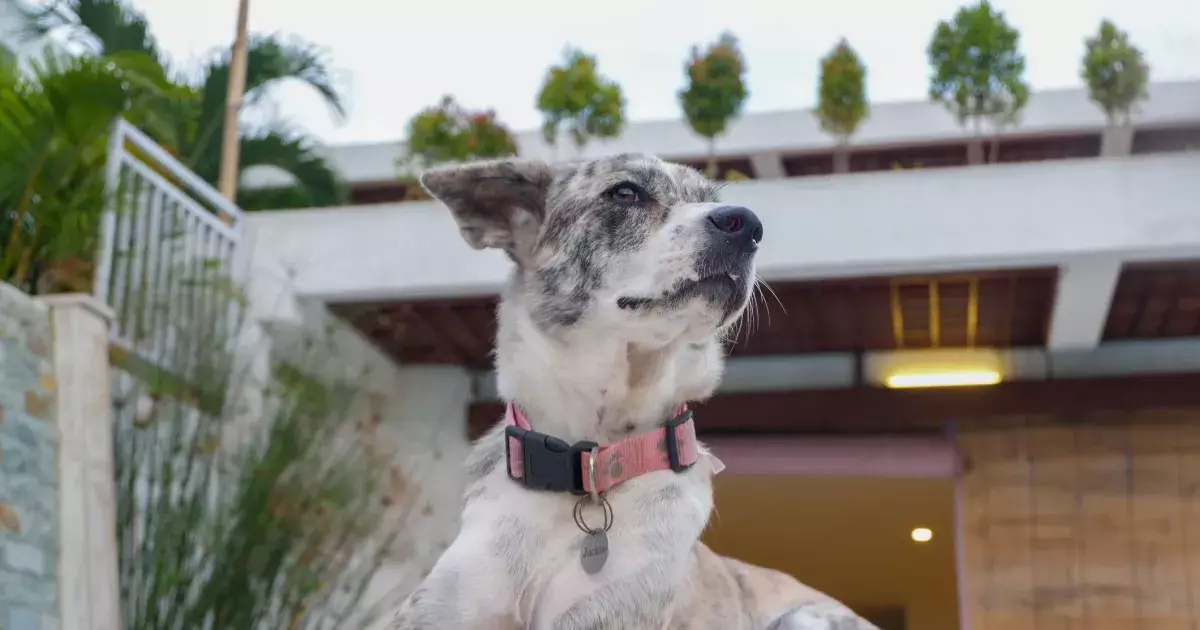Inheriting a dog can be an emotionally charged event, as it often comes with the memories of a beloved family member or friend. While it is indeed a noble gesture to offer a home to a dog in need, it is essential to recognize the substantial responsibility that lies ahead. This new dynamic not only involves settling a furry friend into your household but also necessitates thoughtful planning, understanding, and patience. The following guide will outline crucial steps and considerations to ensure the transition is smooth for both you and your new canine companion.
Understanding the Dog’s Background
Before bringing home your inherited pet, it is essential to gather as much information about the dog as you can. If possible, speak to the previous owner or close family members to understand the dog’s daily routine. Familiarize yourself with critical aspects such as feeding schedules, potty habits, exercise times, and any specific dietary needs. Ask about the dog’s personality traits, favorite activities, toys, and known commands. This knowledge will serve as the foundation for building a stable environment for your new companion. A smooth transition should start with a consistent routine, allowing the dog to feel more secure in its new surroundings.
Once you’ve grasped the dog’s needs, the next step is to dog-proof your home. Remove any hazardous items and ensure that potential dangers, such as cords and toxic substances, are securely stored away. Set up essential supplies, including food and water dishes, a comfortable bed, a leash, and a crate if needed. If you have other pets, creating separate feeding areas is crucial. A gradual introduction will work wonders in setting the stage for harmonious cohabitation. The environment should feel safe and welcoming for your new furry friend.
Scheduling a wellness check-up with a veterinarian should be one of your first priorities. It’s vital to transfer the dog’s medical records to ensure continuity of care. During the visit, discuss any concerns you may have regarding the dog’s health, diet, and exercise requirements. A baseline examination will help identify any pressing health issues that may need addressing. Establishing a rapport with the vet is key, as they will become an essential part of your pet’s life moving forward, ensuring that they remain healthy and happy.
Every dog has its unique personality, so investing time to understand your new companion is of utmost importance. Observe their behavioral cues—whether they are sociable, shy, playful, or anxious. Pay attention to their communication—do they respond to certain human cues or commands? Understanding these details can significantly aid in establishing a trusting relationship. The rapport between you and your dog develops over time, requiring patience and consistent positive interactions.
Gradual Integrations
If other pets are part of your household, approach their introductions with care. Begin by creating boundaries using crates or gates, allowing them to get used to each other’s scents without direct contact. Gradual meet-and-greets on neutral ground can set the tone for future interactions. Similarly, when introducing your new dog to other people, be cautious and respectful of their comfort levels. Monitor all interactions and be prepared to intervene if any signs of aggression or fear emerge.
After establishing a stable routine with your new pet, you may want to gradually introduce changes in their diet or training methods. This step should be handled delicately—any shift in routine can be overwhelming for a dog adjusting to a new home. It’s crucial to reinforce desired behavior with rewards and maintain open communication as you guide your new companion through the adjustments.
While taking on the responsibility of inheriting a dog requires significant effort, the rewards are immeasurable. Not only do you provide a loving home to a pet in need, but you also create lasting memories and an unbreakable bond that enriches your life. Always remember that this journey necessitates patience, understanding, and a willingness to learn—all elements essential to nurturing a fulfilling human-animal relationship. If inheriting a dog proves to be an unsuitable situation due to finances or living conditions, it is vital to prioritize the well-being of all involved. In the end, honoring the wishes of your loved ones should come hand-in-hand with ensuring a loving environment for your new pet.

